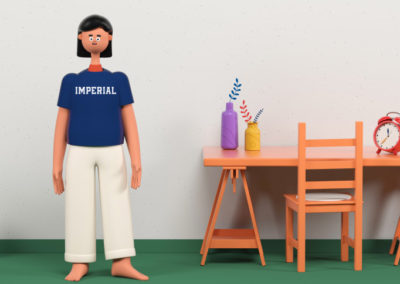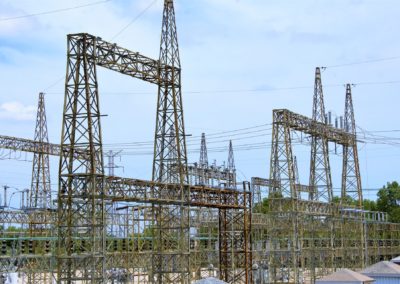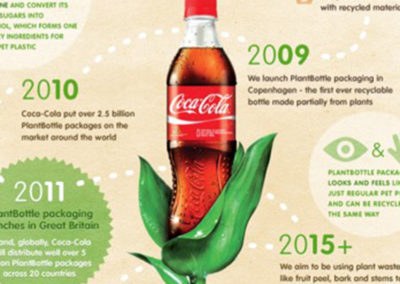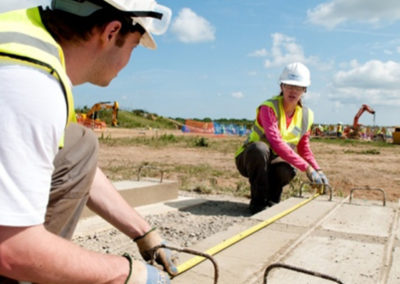Aerial Robotics
Birds, insects and fish provide Dr Mirko Kovac and his team with a source of inspiration for the design of their novel artificial systems.
By understanding their physical traits, they have employed features such as retractable wings, sensitised robotic skins, insect inspired compound eyes, perching and artificial muscles in flying robots designed for:
- distributed sensing of air and water
- search and rescue
- autonomous repair and construction
Some of their recent work includes…
AquaMav
Flying fish, flying squid, diving birds and diving insects have evolved so they can successfully transition between water and air, and move around in both. Using the underlying design principles of these multimodal animals, Dr Kovac has created a robotic equivalent, the Aquatic Micro Air Vehicle (AquaMAV). This aerial-aquatic robot employs a plunge diving strategy for water entry, folded wings for diving efficiency, water jet propulsion for water take-off and hydrophobic surfaces for water shedding and dry flight. Applications include distributed water quality monitoring, search and rescue operations and underwater exploration. Read more.
SpiderMav
One of the main challenges for aerial robots is the high-energy consumption of powered flight, which reduces their utility for sensing and inspection tasks. By perching on structures they can save energy and maintain a high, stable observation or resting position. Birds and insects have mastered the ability to perch successfully and have inspired perching robots of various sizes.
Buildrone
Dr Mirko Kovac and team scooped the national category award at the UAE Drones for Good competition in Dubai with Buildrone. This airborne robot not only takes take sensor readings to detect leaks, but can distribute polyurethane foam in liquid form, mid-flight, to effectively repair potentially dangerous leaks on-site and in real time, without risk to its human operators. Read more.
Facilities
The team test their creations in urban environments and extreme conditions simulated in the Brahmal Vasudevan Multi Terrain Aerial Robotics Arena – the first of its kind in Europe.
Experts include
- House of Lords consultation on the Civilian use of Drones in the EU
- Parliamentary Office of Science and Technology – Advisor to the UAV briefing notes, 2014 and 2015
- RoboCap fund – managed investment funds aimed exclusively at ‘pure-play’ robotics and automation stocks
- HayBSee – Agri-tech – robotics for farming
- Rewired – a robotics-focused fund and venture studio
Advisory services
Product design, research methods, data analysis, technology evaluation for investment, technological innovation, patent evaluation, prototype and protocol development, policy, cyber security and more. Assisting museums, writers, film makers and artists to ensure creations scientifically sound.
Expert insight
Membership of Scientific Advisory Boards and Technical Panels, advice and guidance on drug development programmes, thought leadership, conference speakers, literature reviews and provision of foresight.
Analysis and testing
Use of the world-class specialist facilities and technicians at Imperial for projects ranging from aerodynamic measurements and medical imaging to structural testing and analysis.
Our consultants are world-leading experts in their field, committed to on-going research.
Who to contact:

Tony Inga
Engagement Manager
For Aeronautics, Engineering (Civil & Environmental, Design, Electrical, Electronic), Space Technology








